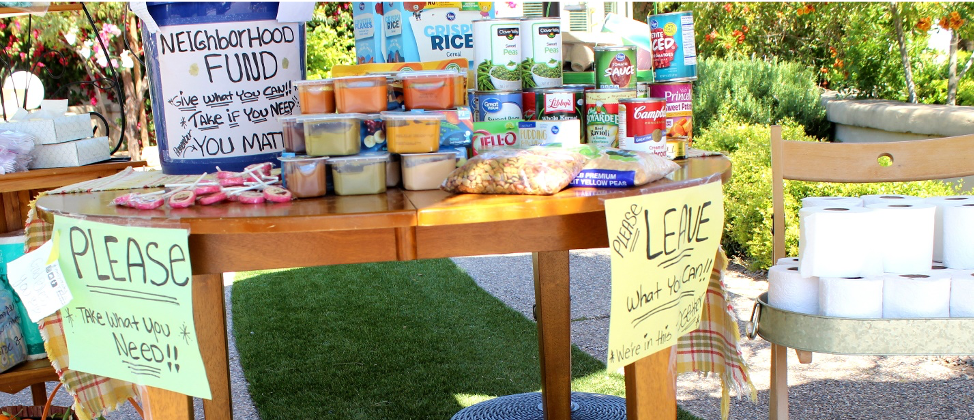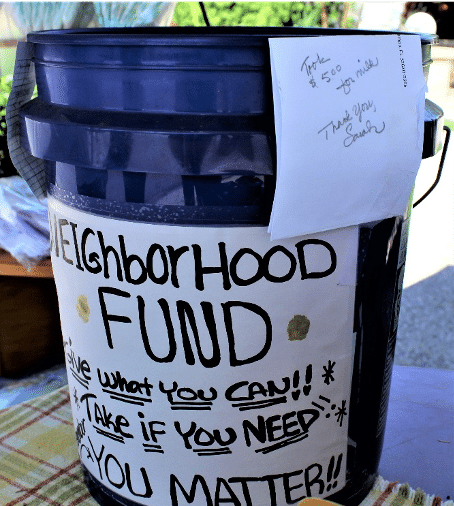Gratitude: A Resiliency Strategy For Those Experiencing Times of Crisis
As part of our ongoing series, we are presenting more tools to help leaders maximize their effectiveness during this time. Today, we want to talk about gratitude as a tool that leaders can use to both optimize their individual performance as a leader and the effectiveness of their team.
Decades of psychological research show that gratitude has a far more positive effect on the person delivering the gratitude than the person receiving the gratitude. It is, as we have been told, better to give than to receive. The research tells us that, while the effects of receiving something new and favorable, via a present or compliment, does have a positive impact over a short period of time, the effect of the giver is much more long-lasting. We all have had personal experiences with this. Now is just an exceptional time to practice it.

So, during these next few days, we encourage you to find the places where you can express your gratitude to others for what they are doing. There are countless ways to do this, and there are countless people that deserve this gratitude. This could be anything from a spouse going out of their way to help in a new and different way around the house, or your neighbor down the street who is a nurse in the emergency department at a hospital. Given our high level of connectability, we can find ways to communicate with each other, and it appears that any way to express gratitude can be equally good. This has a good short- and long-term impact on one’s effectiveness as a leader. It tends to reduce negative thinking and to get it out of any downward spiral it is in. It helps the brain focus on possibilities and opportunities, especially needed during a time of crisis. It also reminds us to make a counterfactual comparison, something we talked about in a blog post several weeks ago. By experiencing gratitude towards others, we remind ourselves that some people are struggling with this crisis and are having a much, much more difficult time than we are. A little bit of support to them goes a long way for them and a long way for us.

In terms of team effectiveness, this has a substantial impact as we are working remotely, and the average worker feels isolated and, in some way, unappreciated. This level of stress of doing their work in a new environment has created a different level of stress for others, and the small experience of gratitude appears to have a great ability to insulate people. All of the research says you can predict the effectiveness and engagement of employees by the ratio of positive to negative communications they have with their boss, with the ideal being something like seven to one, positive to negative. Gratitude is a great way to help drive this number up!
CMA continues to wish everyone safety and wellness during this time.
